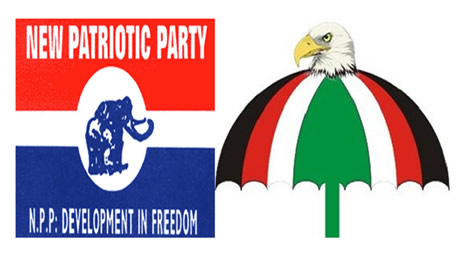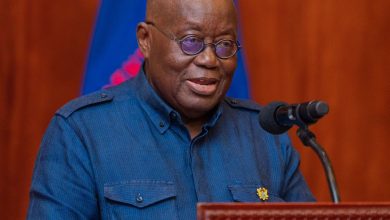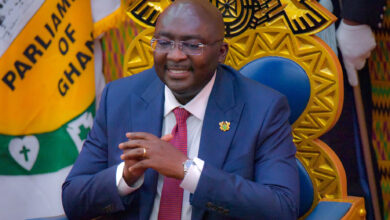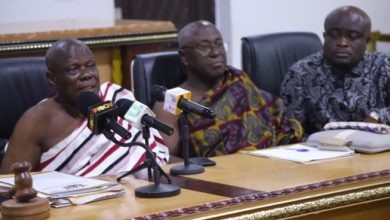Begin affirmative action policy in strongholds; NPP, NDC urged

A Senior lecturer at the Department of General Studies at the Methodist University College, Dr Bonsu Osei-Owusu, has called on the two major political parties to begin the affirmative action policy in some of the constituencies they consider as their strongholds to give women who qualify the chance to contest for parliamentary seats.
That, according to him, would open a new chapter in the country’s political landscape where more women will be voted for to enter Parliament to enable them to contribute their quota to national development.
NPP and NDC primaries
The ruling New Patriotic Party (NPP) and the dominant opposition party, the National Democratic Congress (NDC) are currently in the process of electing their Parliamentary candidates for the 2020 polls.
Tomorrow, the NDC will hold its parliamentary primary in 157 constituencies, involving some 524 aspirants while vetting is almost complete for aspirants of the NPP in orphan constituencies.
Decision of voters
‘‘Once they win the primaries in the strongholds, they can automatically win the parliamentary elections because anyone who has followed our elections knows that it is in rare cases that a particular political party will lose both the presidential and parliamentary in its strongholds,’’ he emphasised.
Dr Osei-Owusu, who shared his opinion with the Daily Graphic on the factors that determine the decision of voters to vote for either a female or male as parliamentarian, said there could be several factors at play.
In all, he said women were at a disadvantage when it came to leadership roles because of some cultural practices that had pinned them down from the colonial days to the present.
Cultural practices
Dr Osei-Owusu said some cultural practices perceived women as only caretakers of the family and were not supposed to play any leadership role.
That cultural perception, he said, had been one major factor which had affected many women who took bold decisions to contest elections.
‘‘In most cases, women do not even vote for parliamentary aspirants who are females because they believe that men can perform better than women,’’ he pointed out.
Dr Osei-Owusu was of the view that traditional beliefs which had put men on a higher scale had led to male dominance in Ghanaian politics, especially in Parliament.
‘’Men have always been seen as leaders, whether in church, at home or traditionally, and this has trickled down to our politics,’’ Dr Osei-Owusu remarked.
He said although the population of women in Ghana was higher than men, their representation in Parliament since the days of Dr Kwame Nkrumah had been low.
He said until recently, queenmothers were not part of the National House of Chiefs.
‘‘There are some areas like the northern part of Ghana where there are no queenmothers. Maybe they have the notion that women have no say in our traditional setup,” Dr Osei-Owusu remarked.
Motivation
‘‘I believe if the political parties begin the affirmative action in their strongholds, many women will be encouraged to enter into politics. It looks like the few women who are able to endure our ‘politics of insults’ are in Parliament now,’’ Dr Osei-Owusu said.
He said other factors which could be considered were voting along tribal lines and political affiliations.
He said in the political history of Ghana, “we used to have the United Party (UP) tradition which was basically made up of Ashantis and northerners, and the Convention People’s Party (CPP) tradition which was made up of other regions.
Dr Osei-Owusu said the UP tradition, which had metamorphosed into the New Patriotic Party (NPP), still had majority of its votes from the Akan-dominated areas.
Family
“There are instances that a whole family will vote for a particular party because of their affiliation to the party no matter whoever is put there. ‘‘The same thing is happening in the NDC; because former President Jerry Rawlings founded the party, almost all Voltarians, those within and outside the region, are NDC faithful.
The voting pattern in the Fourth Republic attests to it.
‘‘In the urban areas, the strength of a political party in a constituency will determine who wins the election. In Accra for instance, the Akan MPs are mostly from the Akan-dominated areas but in a typical Ga constituency, the strength of the party is sometimes a factor,’’ he explained.





